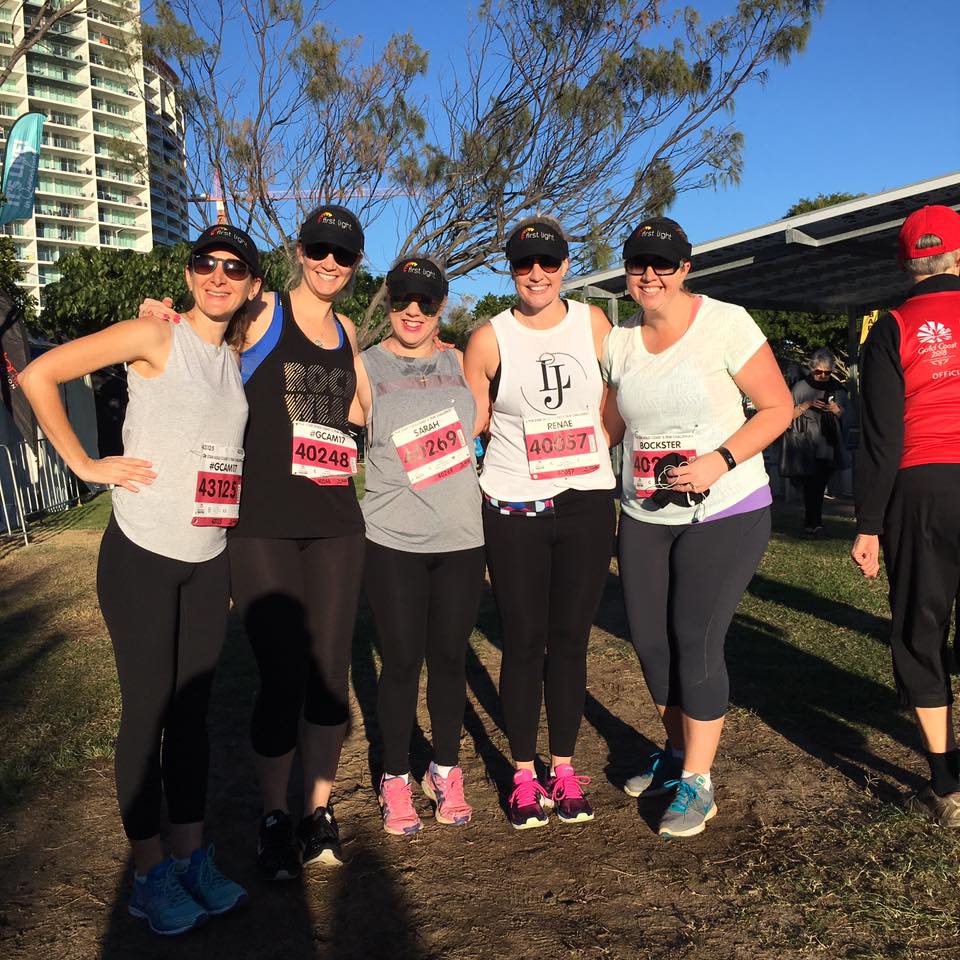Newly widowed – self-care
What is self-care for newly widowed people?
Grief can be an overwhelming and painful experience, affecting us both emotionally and physically, possibly in ways we won’t even expect.
It is understandable that there will be days that you can’t face the thought of getting out of bed and even a task as simple as preparing a meal will seem overwhelming. You won’t always feel like this.
Part of that process, is to ensure that you look after yourself, mentally, emotionally and physically.
You may feel tempted to put all your energy into looking after those around you especially if you have children, but, as the saying goes, ‘you can’t pour from an empty cup’.
Be gentle with yourself as you grieve and recognise your limits. Prioritise your own self-care so you can process what has happened, and keep in mind that you may need to specifically focus on this area for a time.
Here are some self-care tips to help you cope with grief in a healthy way.

Acknowledge your emotions
- Grief is a natural process and it's alright to feel sad, angry, or numb. It's okay to feel a whole range of emotions.
- Recognise that there will be good and bad days.
- Journaling your thoughts can be a great way to express and sort through your emotions and thoughts, in a private and safe way. It helps your brain process the trauma and grief.
- Don't feel guilty when you feel positive emotions; this too is a natural process, and part of your body's coping mechanism.
- Be gentle with yourself and remember that whatever you accomplish today is enough. You have done the best that you can.
Take care of your physical health
- Even if you don't feel like it or are not hungry, try to eat regularly, and be sure to eat enough of the foods that nourish your body.
- Take care of your personal hygiene; shower/bath, brush your hair and brush your teeth every day. Not only are these things important for your health, but can also give us a sense of satisfaction for completing a task, and routine can bring comfort and normality.
- Try to make sure you get enough sleep, and go to bed at reasonable hours. If you are experiencing insomnia, speak to a GP, try a mindfulness app, or up your bedtime 'sleep hygiene' routines.
- Move your body, even if it is a short walk around the block each day. Exercise is so beneficial for both physical and emotional health and can help you adapt to loss.
- Step outside in the sun at least once a day. Allow yourself to feel the warmth of the sun shining on your face.

Find moments of calm, joy and laughter
- Laughter can be therapeutic, even if it ends in tears.
- Don't feel guilty for laughing, or for feeling conflicting emotions all at once.
- It can be helpful to remember that joy is a part of the human experience, just as sadness and pain is. It's okay to be human, even if it's just for short moments at first.
- Allow yourself to find peace, even in small things like the feeling of being outside in the fresh air.
- Spend time with the people that help you feel better, understood, or comforted, even if it's just a short phone conversation or a cup of tea.
- Consider connecting with other widowed people within our First Light community; the sense of kinship and shared experiences can be comforting.
- Attend one of our community events hosted by and for widowed people. Many of our members say they experience great support and understanding within our community. See upcoming events.
Do activities you enjoy
- Try to continue doing the things you love, even if you don't feel like it at the time.
- Write down a list of the things that you like doing, and that bring you comfort, and keep adding to it. Reference it when you need it.
- Writing, gardening, cooking, fishing, music, or sports are examples of activities that can provide comfort. As time passes and you start to feel ready to take steps forward, it might be helpful to think about a new hobby or interest that you've never tried before.
- Write down a list of the people you can talk to when you need a listening ear or social contact.
Practice mindfulness and meditation
- If you're finding it hard to begin, start with a simple exercise. Sit outside for five minutes, close your eyes and bring your attention to what you can hear. Then what you can smell, what you can feel (wind, sun, cold/hard seat, etc). This mindfulness exercise can help to quieten racing thoughts and lower stress and anxiety levels. Google will also have more more suggestions of mindfulness exercises to try.
- Yoga and meditation can promote peace and quiet your mind. Start with a restorative form of yoga like yin yoga and work up to more energetic forms.
- When you are outside, try to focus only on the feeling of the sun on your skin and the warmth it provides, and bring yourself fully into that awareness. It may give you a moment of calm.
- Even a 10-minute hot shower can help you unwind and let out any pent-up emotions.
Jump to a section
Hope, community, understanding
Join our community for access to information, resources, events, and a network of widowed people for peer support. Joining is free, with options to become a financial supporter to keep us running and helping others.
